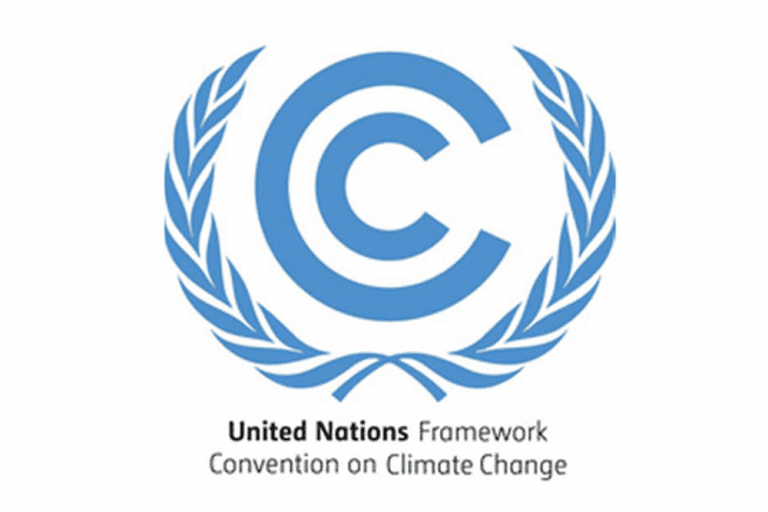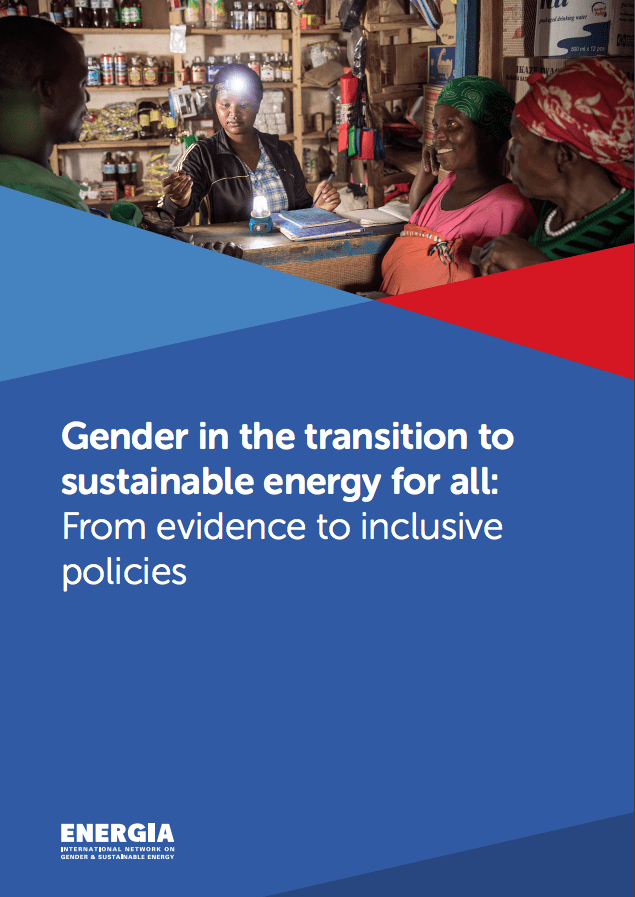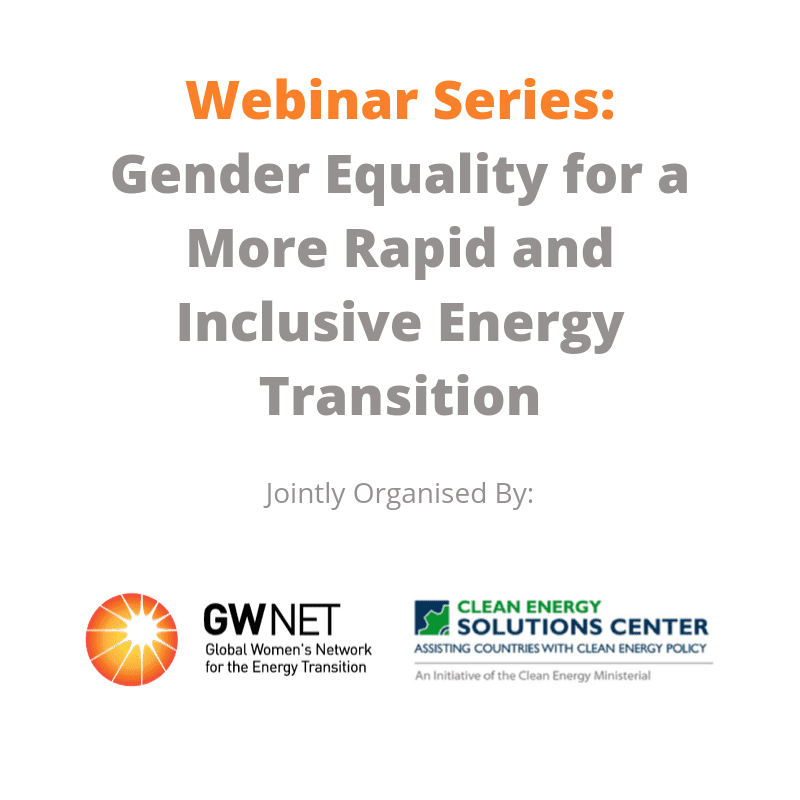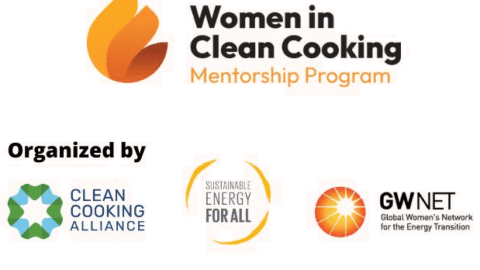GWEC was invited to submit a statement as a non-Party stakeholder to the UNFCCC.
Parties and stakeholders were invited to answer four key questions on how to mainstream gender considerations into national adaptation frameworks:
- What are good examples of lessons learned and best practices in prioritizing/incorporating gender in the process to formulate and implement national adaptation plans in your country or constituency?
- How can gender best be incorporated into adaptation action?
- In your experience, what are remaining gaps related to incorporating gender considerations into adaptation planning and implementation?
- What are useful sources relevant to this topic?
Women in Wind Perspective
Our view is that the needs and contributions of women must be integrated into the planning, implementation and execution cycles of climate change policies and National Adaptation Plans (NAPs). By mainstreaming gender considerations into these areas, this will deliver greater progress towards SDG 5 (gender equality and the empowerment of women), SDG 7 (access to affordable, reliable, sustainable and modern energy for all) and SDG 13 (urgent action to combat climate change and its impacts).











